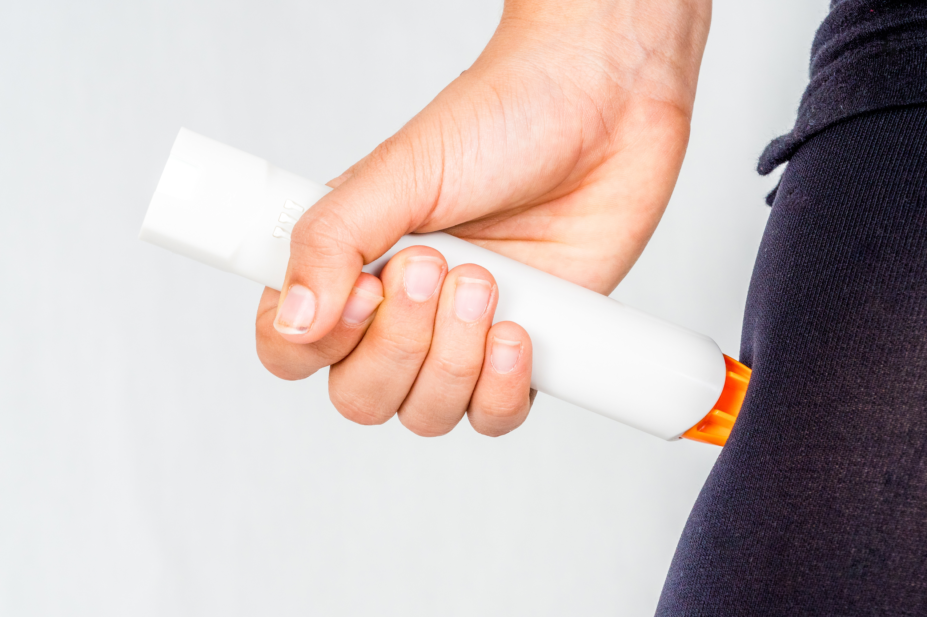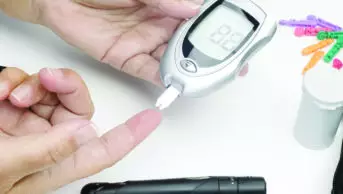
Shutterstock.com
Some Emerade adrenaline auto-injectors may fail to deliver a dose of adrenaline from the syringe owing to a blockage in the needle, the Medicines and Healthcare products Regulatory Agency (MHRA) has warned in a class 4 drug alert.
The issue was first detected in June 2018 during routine stability testing of the syringe component of Emerade; however, it was thought that it had the potential to affect just 1.5 in every 10,000 pens and was therefore a “rare event”.
Bausch and Lomb, which manufactures Emerade, has now said that the potential occurrence of needle blockage in batches on the market was higher than first estimated and could affect 2.3 in every 1,000 pens.
The alert applies to Emerade devices of all strengths (150 micrograms, 300 micrograms and 500 micrograms), but not to other marketed brands of adrenaline auto-injectors.
Lynne Regent, chief executive of the charity The Anaphylaxis Campaign, said it recognised this as a “very difficult time” for patients who carry Emerade auto-injectors.
“We would like to take this opportunity to remind all individuals who are prescribed an adrenaline auto-injector to always carry two devices at all times,” she said.
The MHRA said that it would not be recalling batches of Emerade and that the manufacturer had conducted “extensive investigations and has implemented corrective actions”.
Emerade manufactured with all the corrective processes is expected to be introduced into the market from mid-July 2019.


